With new technologies revolutionizing data collection, wildlife researchers are becoming increasingly able to collect data at much higher volumes than ever before. Now we are facing the challenges of putting this information to use, bringing the science of big data into the conservation arena. With the help of machine learning tools, this area holds immense potential for conservation practices. The applications range from online trafficking alerts to species-specific early warning systems to efficient movement and biodiversity monitoring and beyond.
However, the process of building effective machine learning tools depends upon large amounts of standardized training data, and conservationists currently lack an established system for standardization. How to best develop such a system and incentivize data sharing are questions at the forefront of this work. There are currently multiple AI-based conservation initiatives, including Wildlife Insights and WildBook, that are pioneering applications on this front.
This group is the perfect place to ask all your AI-related questions, no matter your skill level or previous familiarity! You'll find resources, meet other members with similar questions and experts who can answer them, and engage in exciting collaborative opportunities together.
Just getting started with AI in conservation? Check out our introduction tutorial, How Do I Train My First Machine Learning Model? with Daniel Situnayake, and our Virtual Meetup on Big Data. If you're coming from the more technical side of AI/ML, Sara Beery runs an AI for Conservation slack channel that might be of interest. Message her for an invite.
Header Image: Dr Claire Burke / @CBurkeSci

Explore the Basics: AI
Understanding the possibilities for incorporating new technology into your work can feel overwhelming. With so many tools available, so many resources to keep up with, and so many innovative projects happening around the world and in our community, it's easy to lose sight of how and why these new technologies matter, and how they can be practically applied to your projects.
Machine learning has huge potential in conservation tech, and its applications are growing every day! But the tradeoff of that potential is a big learning curve - or so it seems to those starting out with this powerful tool!
To help you explore the potential of AI (and prepare for some of our upcoming AI-themed events!), we've compiled simple, key resources, conversations, and videos to highlight the possibilities:
Three Resources for Beginners:
- Everything I know about Machine Learning and Camera Traps, Dan Morris | Resource library, camera traps, machine learning
- Using Computer Vision to Protect Endangered Species, Kasim Rafiq | Machine learning, data analysis, big cats
- Resource: WildID | WildID
Three Forum Threads for Beginners:
- I made an open-source tool to help you sort camera trap images | Petar Gyurov, Camera Traps
- Batch / Automated Cloud Processing | Chris Nicolas, Acoustic Monitoring
- Looking for help with camera trapping for Jaguars: Software for species ID and database building | Carmina Gutierrez, AI for Conservation
Three Tutorials for Beginners:
- How do I get started using machine learning for my camera traps? | Sara Beery, Tech Tutors
- How do I train my first machine learning model? | Daniel Situnayake, Tech Tutors
- Big Data in Conservation | Dave Thau, Dan Morris, Sarah Davidson, Virtual Meetups
Want to know more about AI, or have your specific machine learning questions answered by experts in the WILDLABS community? Make sure you join the conversation in our AI for Conservation group!
- @tutgut5
- | she/her
- 0 Resources
- 7 Discussions
- 8 Groups
Key Conservation

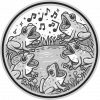

- 2 Resources
- 19 Discussions
- 8 Groups
- @SrinivasSivakumar
- | none
I am a an Engineer at Wild Life Conservation Trust, India looking to build some tech for the WildLife.
- 0 Resources
- 0 Discussions
- 2 Groups
- @katerakelly
- | she/her
I am a machine learning researcher (PhD UC Berkeley 2021) looking for opportunities to use my skills to help combat and mitigate climate change and support biodiversity. Research experience in few-shot learning, image recognition, and reinforcement learning.
- 0 Resources
- 0 Discussions
- 1 Groups
Durrell Institute of Conservation and Ecology (DICE), University of Kent
Conservation Science PhD student at DICE, Kent. I am a GIS and remote sensing enthusiast as well as researcher. Been in love with the interaction between AI and conservation ever since I picked up a python crash course book out of curiosity during my undergraduate degree.
- 0 Resources
- 0 Discussions
- 12 Groups
- @LouisaRC
- | she/her
LRC Wildlife Conservation
With 20 years of experience as a conservation practitioner, I have transitioned from a carnivore scientist to Dean, mentoring Africa’s next generation of conservation leaders. Now, as a consultant, I develop strategies integrating innovative Web 3.0 technologies for conservation.
- 1 Resources
- 1 Discussions
- 4 Groups
Conservation Director, Texas with National Audubon Society
- 0 Resources
- 4 Discussions
- 3 Groups
- 0 Resources
- 0 Discussions
- 3 Groups
- @pchwalek
- | He/him/his
I'm a PhD candidate in the Responsive Environments Group, working on electronic systems for human and wildlife monitoring.



- 0 Resources
- 18 Discussions
- 9 Groups
I am a scientist with research background in evolutionary-ecological genomics and have impact at the senate level to prevent a government viral biocontrol release. UK based and looking to connect with passionate dreamers ready to shift paradigms
- 0 Resources
- 3 Discussions
- 9 Groups
MSc student in wildlife management and conservation


- 0 Resources
- 2 Discussions
- 12 Groups
- @LauraKloepper
- | she/her
Associate Professor at the University of New Hampshire. Our research aims to uncover behavioral principles underlying acoustic sensing, inspire the design of active sensing technology, and improve population monitoring for animal conservation.

- 1 Resources
- 3 Discussions
- 5 Groups
We're proud to introduce the first WILDLABS On the Edge Fellows for 2022, Loretta Schindlerova and Meredith Palmer! Working alongside expert Edge Impulse mentors, these two fellows will use embedded machine learning to...
10 February 2022
We have a big vision for our Fellowships & Awards Programme: to create a better way for the tech industry to more meaningfully and impactfully engage with our conservation community. As we open our first fellowships...
28 January 2022
This article provides a review of deep learning (predominantly ML) used in marine ecology and considerations for its future directions in conservation. In plain language, the authors provide a methodology for training...
20 December 2021
Community Announcement
We've wrapped our first AI for Conservation Office Hours, a new programme where we set up 1:1 sessions with conservationists using or thinking about using AI so they could receive expert guidance from data scientists at...
14 December 2021
This study breaks ground in outlining a methodology for a system of low-cost, long-term camera traps (Dispersed Environment Acquatic Cameras) that can be deployed over large spatial scales in remote marine environments...
30 November 2021
In pursuit of saving the Monarch butterflies, Carlo Mondavi- pioneer of the Monarch challenge- was inspired to develop the world's first fully electric smart tractor tractor with co-founder and Chief Executive, Praveen...
29 November 2021
Article
This research article explores the challenges of achieving environmental data justice, with the continued advancement in technology and growth in available data. The author emphasises the necessity to prioritise ...
26 November 2021
In Ellie Warren's interview with Sara Beery as part of the Technical Difficulties Editorial Series, they discussed how the hype surrounding machine learning impacts our perceptions of failure, and how conservationists...
23 November 2021
CAIMAN is a product from the Sensing Clues Foundation that automatically classifies animals on images from camera traps. It aims to be available by the end of 2021, contact the Sensing Clues team for more details. This...
18 November 2021
The GEO-Microsoft Planetary Computer Programme invites the GEO community to be among the early adopters of Microsoft's Planetary Computer. The Programme will support a number of 12-month projects that use The Planetary...
4 November 2021
On 3rd November 2021, Earthranger Announced Giraffe Conservation Foundation and Lion Guardians as the inaugral Conservation Tech Award Recipients. The two organizations are Harnessing the Power of Technology to Protect...
3 November 2021
The Centre for Statistics in Ecology, Environment and Conservation, a research group within the Department of Statistical Sciences at the University of Cape Town, is now hiring for a funded postdoc or PhD postion with...
1 November 2021
June 2025
event
July 2025
October 2025
event
event
February 2024
December 2023
73 Products
Recently updated products
16 Products
Recently updated products
| Description | Activity | Replies | Groups | Updated |
|---|---|---|---|---|
| Hello All - @sarabeery et Al have just put a pre-print out on their educational insights into teaching Computer Vision to ecologists. I... |
|
Acoustics, AI for Conservation, Conservation Tech Training and Education, Early Career, Emerging Tech | 2 years 4 months ago | |
| The Conservation Technology Lab at San Diego Zoo seeks undergrads for summer projects in computer vision, machine learning, bioacoustics,... |
|
Acoustics, AI for Conservation, Conservation Tech Training and Education | 2 years 5 months ago | |
| I just came across this interesting paper in which seismic monotoring of animals like elephants was mentioned. This is the study refered to:Cheers,Lars |
|
AI for Conservation, Camera Traps, Emerging Tech, Ethics of Conservation Tech, Human-Wildlife Conflict, Geospatial, Sensors | 2 years 5 months ago | |
| Quick reminder that the deadline for applications is just shy of a week away. This workshop is particularly geared to teach ecologists computer vision tools to apply to their... |
|
Conservation Tech Training and Education, AI for Conservation | 2 years 5 months ago | |
| Hahaha, now I see why you were asking ... |
|
AI for Conservation | 2 years 5 months ago | |
| Hi all, one of the 8 MozFest 2023 spaces is 'Tech & Biodiversity', and the organisers seek input for an event on the intersection of... |
|
AI for Conservation, Ethics of Conservation Tech, Open Source Solutions | 2 years 6 months ago | |
| Out of curiosity, what are the similarities/differences between your platform and other image classification ones such as Wildlife Insights, WildID, ZambaCloud? I don't mean that... |
|
AI for Conservation, Emerging Tech | 2 years 7 months ago | |
| Thanks so much!! |
|
Acoustics, AI for Conservation, Animal Movement, Camera Traps, Community Base, Data management and processing tools, Drones, eDNA & Genomics, Emerging Tech, Open Source Solutions, Geospatial, Software Development | 2 years 7 months ago | |
| Hi there Camilo, What an interesting project! If you are looking for a lower cost, but effective tools for acoustic monitoring you might want to look into two options: ... |
|
Acoustics, AI for Conservation, Data management and processing tools, Sensors, Software Development, Latin America Community | 2 years 8 months ago | |
| Hi Yvan,If you find something which reaches your expectation and especially the ability to identify individual with plumage patterns I will be intereted.In the same idea that... |
|
AI for Conservation, Camera Traps | 2 years 9 months ago | |
| Have you considered creating a Kaggle competition? If you already have lots of images, and some that have been labelled, then this could be a good way to get people working on a... |
|
AI for Conservation, Autonomous Camera Traps for Insects, Camera Traps | 2 years 9 months ago | |
| Hi everyone, I'm new here! I'm a UX designer and researcher, and an animal lover. Excited to be part of Conservation Tech here at WildLabs... |
|
AI for Conservation, Human-Wildlife Conflict, Software Development, Wildlife Crime | 2 years 10 months ago |
News: The Latest in Conservation Tech (March 24)
24 March 2022 12:00am
Apply now: Women in Conservation Technology Programme, Kenya
8 March 2022 12:00am
BirdCLEF 2022 Kaggle Challenge
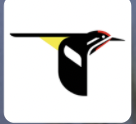 The Cornell Lab of Ornithology
The Cornell Lab of Ornithology
2 March 2022 12:00am
Introducing the WILDLABS On the Edge Fellows
10 February 2022 12:00am
WILDLABS Fellowships & Awards: Matchmaking between tech and conservation
28 January 2022 3:22pm
Deep Learning for Marine Ecology and Conservation
20 December 2021 12:00am
AI for Conservation Office Hours: are you interested?
8 October 2021 12:00pm
14 December 2021 2:47pm
We've now wrapped our first run of AI for Conservation Office Hours and you can read my review of how it went and lessons learned here.
Given the overall success of the programme, we're excited to announce that in early spring next year we will be coordinating a second round - so keep an eye out for further updates in the new year on the application and sign-up process.
Also, we'd love to know whether you'd be interested in having a 1:1 so comment below and tell us what conservation tech challenge you would like to cover or how a session could help you in your conservation work.
Many thanks,
Lucas
AI for Conservation Office Hours: 2021 Review
14 December 2021 12:00am
Low-cost underwater camera trapping and deep learning
30 November 2021 12:00am
The race to save California's rarest butterflies
29 November 2021 12:00am
Environmental Data Justice
26 November 2021 12:00am
Technical Difficulties: The Promise and Pitfalls of Machine Learning for Conservation
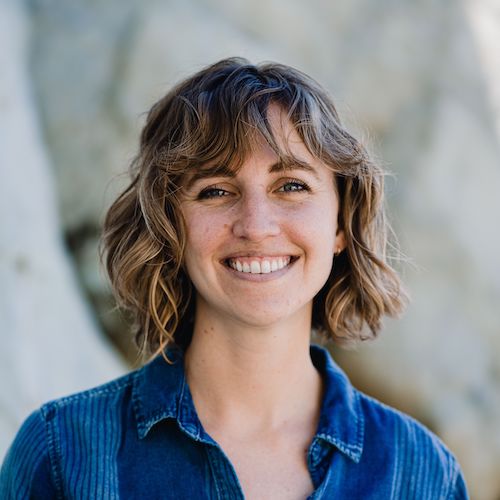 Sara Beery
and 1 more
Sara Beery
and 1 more
23 November 2021 12:00am
Caiman: Images as Sources of Intelligence
18 November 2021 12:00am
Try our open-source automatic camera trap detection/labeling tool!
12 November 2021 8:39pm
Opportunity: GEO-Microsoft Planetary Computer Programme
4 November 2021 12:00am
EarthRanger Announces Inaugural Conservation Tech Award Recipients
3 November 2021 12:00am
Opportunity: PhD or Postdoctoral Research Fellowships - Chinstrap penguin biologging
1 November 2021 12:00am
Using IoT and Machine Learning to help protect Kenya's Rivers
21 October 2021 12:00am
Tech Tutors: How do I analyze large acoustic datasets using PAMGuard?
14 October 2021 3:42pm
How do I analyze large acoustic datasets using PAMGuard?
7 October 2021 12:00am
Call for Papers: Special Issue on Computer Vision Approach for Animal Tracking and Modeling
20 September 2021 12:00am
Tech Tutors: How do I use AI to fight wildlife crime?
1 September 2021 10:59pm
Which are major open challenges that AI can help to solve in nature conservation ?
28 April 2021 9:15am
4 August 2021 5:00pm
I would perhaps ask this in a new thread, so the rest of the community can see it! (as opposed to a reply here, where only the people in the conversation are notified of more replies).
13 August 2021 10:04pm
Elizabeth Bondi has work on detection from thermal imagery taken by drones! I'd look at her papers :)
27 August 2021 10:51am
Looks good, but what is the added value compared to other examples as Obsidentify and Plantnet?
AI/ML Engineer Job at Dryad
26 August 2021 2:45pm
Widening the Bottleneck: Can Citizen Science Accelerate Conservation?
19 August 2021 12:00am
Open positions in ML & conservation/climate sci
18 August 2021 2:22pm
Geo for Good Lightning Talks: Nature Conservation
 Google Earth Outreach
Google Earth Outreach
17 August 2021 12:00am
Building Sustainable Support with Edge Impulse
13 August 2021 12:00am
Accessible Tech and Real Impact with the WILDLABS Fellowship: On the Edge
9 August 2021 12:00am
WILDLABS Community Call: August 12th
4 August 2021 12:00am

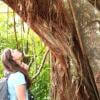











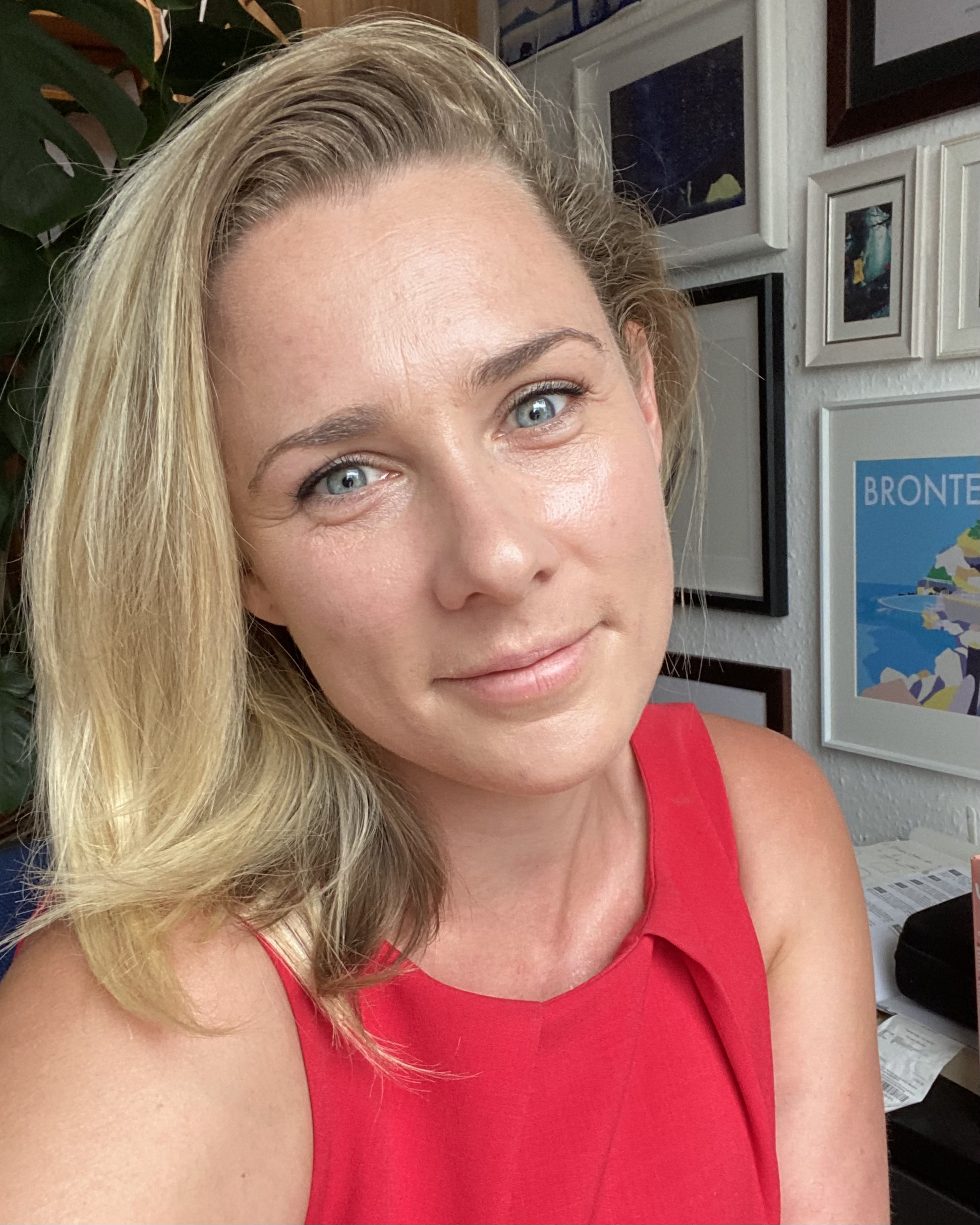
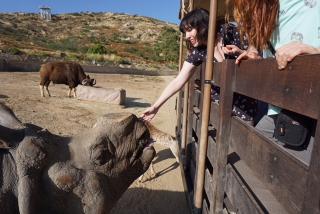


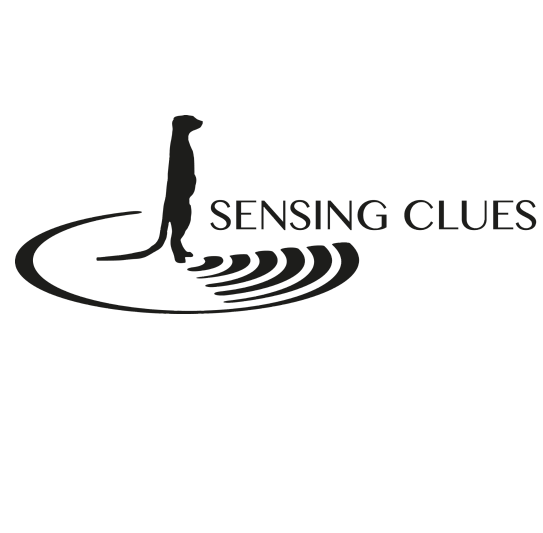


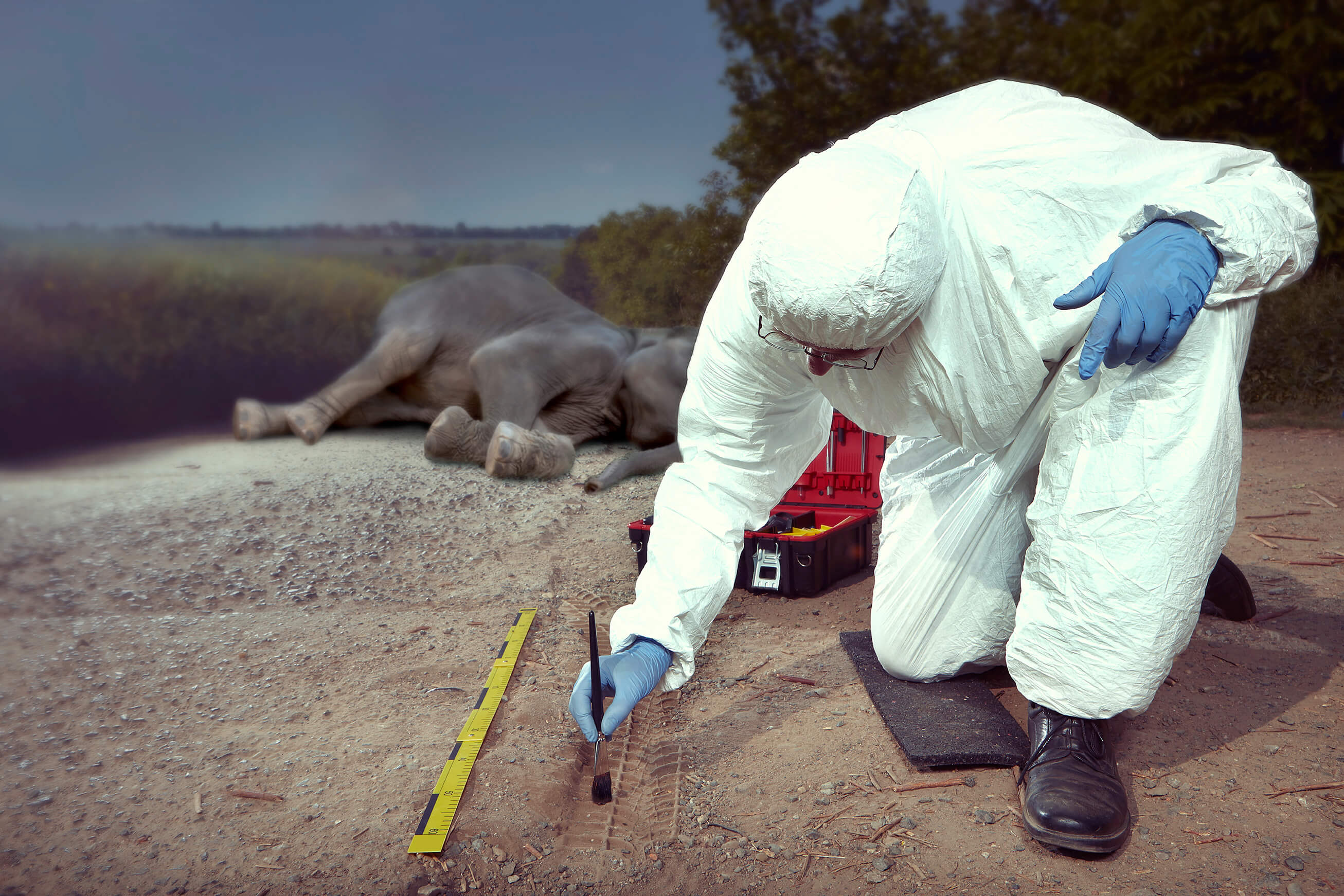
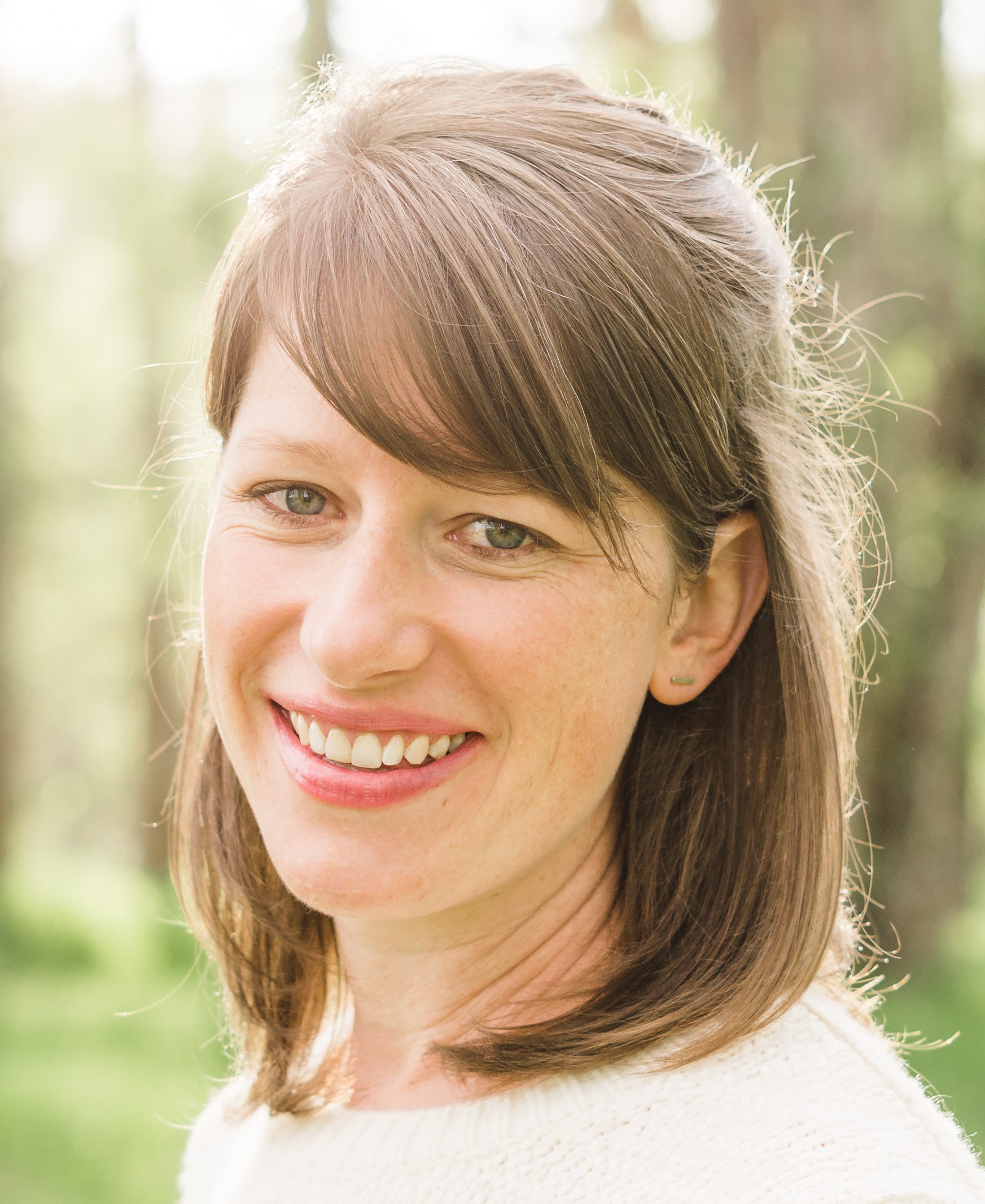
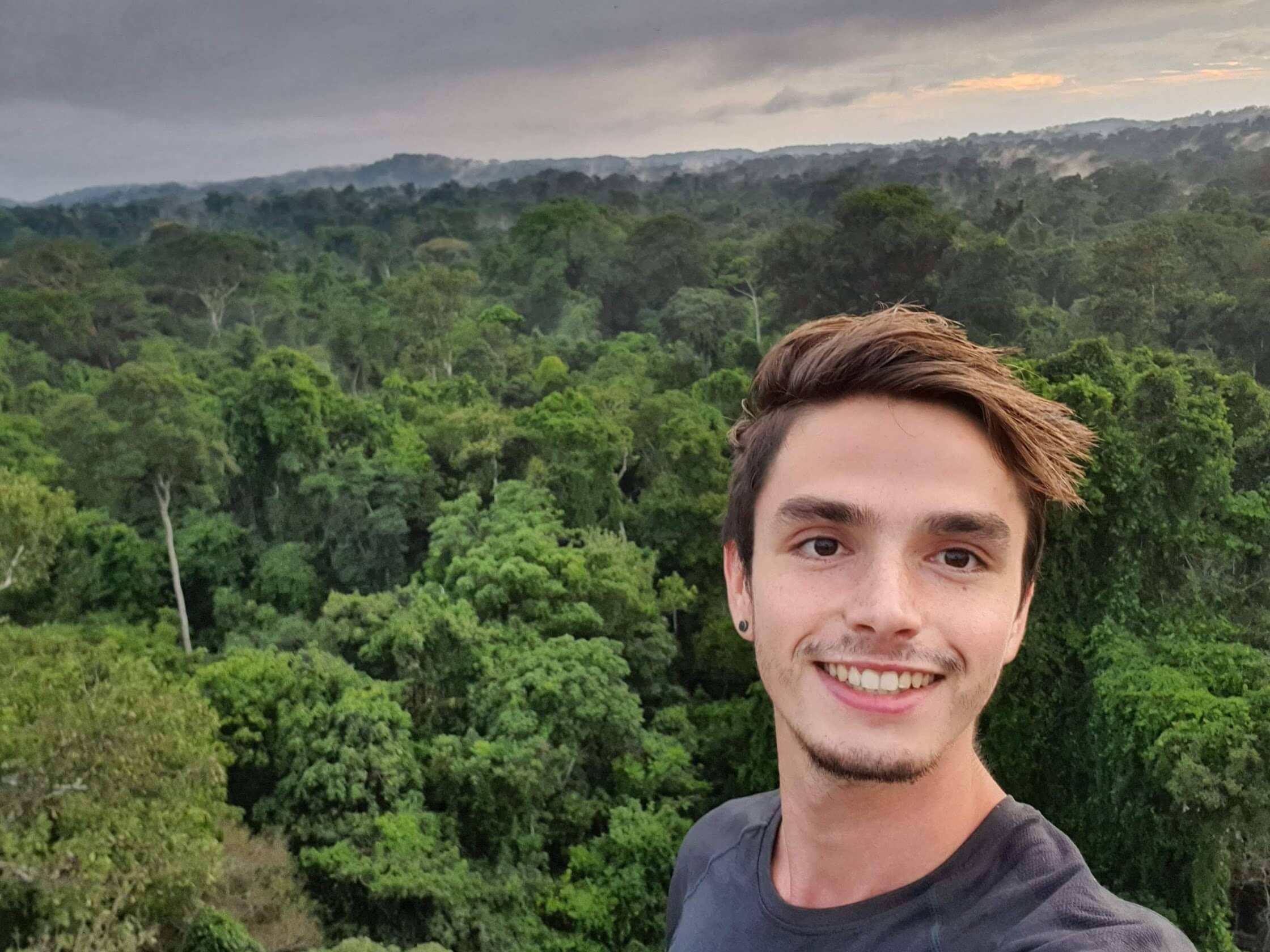












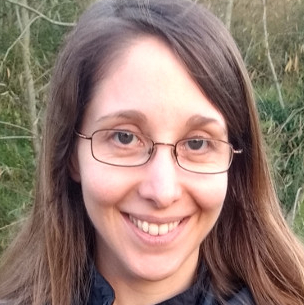






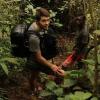






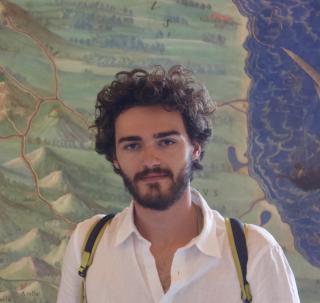





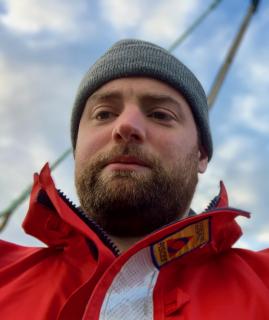


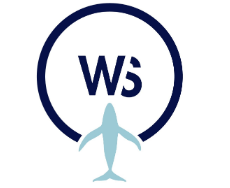
25 October 2021 4:13pm
Hi Wildlabbers!
We're now going ahead with a small pilot of around ten 1:1 office hour sessions with Microsoft AI for Earth specialists. More details coming very soon.
For the time being sign-ups are now closed, but thank you to everyone who has been interested. We will keep you updated on how the 1:1s go and whether there will be further sessions to sign up for later in the year.
Cheers,
Lucas